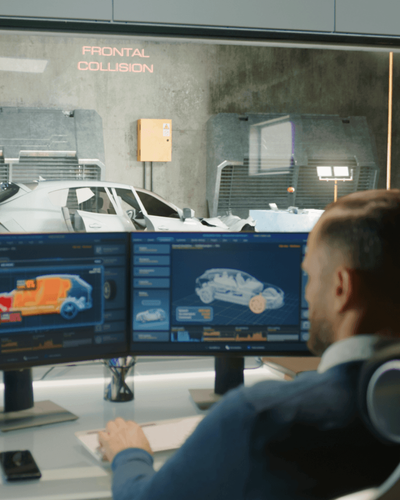Partnership
The foundation of all engagements, Partnership encompasses the vital aspects of Engagement Health, Team Health, Strategic Plans, and Assessing Impact. By fostering a strong collaboration as a digital product engineering partner, we ensure a collaborative and transparent relationship with our clients, focusing on shared goals and objectives.
Governance
Sitting atop the Partnership, Governance establishes a framework for success through Accountability, Communication, and Continuous Improvement. By defining clear roles, responsibilities, and communication channels, we ensure streamlined operations and effective decision-making throughout the engagement.
Engagement
Consisting of three key steps, Engagement is where the work is done to turn vision into reality.
- Vision - we align the business model, priorities, and goals, setting clear success criteria.
- Requirements - involves assessing roles, skills, and location requirements to build the ideal team.
- Solutions - we execute the plan with an assigned team, an onboarding strategy, and continuous knowledge acquisition.
- Business model
- Priorities and goals
- Success criteria
- Determine roles/skills
- Assess skills
- Location requirements
- Assign team
- Onboarding plan
- Knowledge acquisition




















